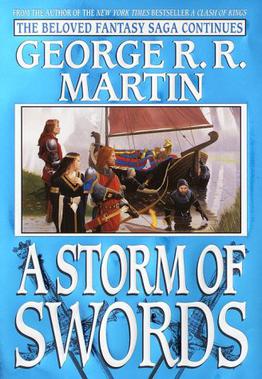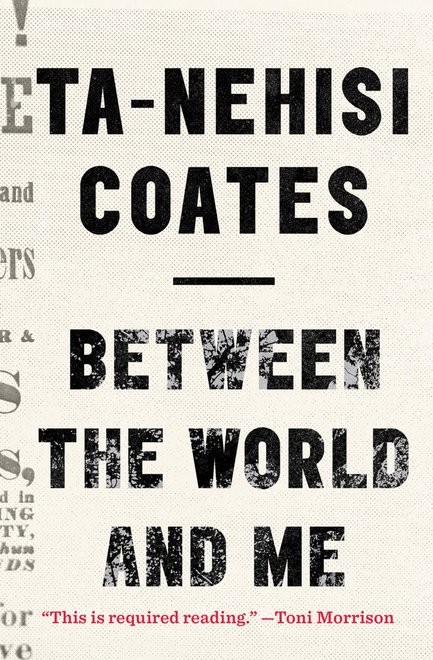I have almost finished listening to this and I have quite enjoyed it. I honestly did not know much about the Italian Renaissance. All I remember from my high school European history course was that Italians re-discovered the Roman and Greek past, art flourished, developed humanism, and the Italian cities were insanely rich. Their ideas and influence eventually spread to the rest of Europe and you don't hear about Italy again until Mussolini.
My main driver for listening to this course was to figure out what the hell happened to Italy that they are just mostly forgotten after the Italian Renaissance. This course provides a pretty convincing explanation. Basically, Italian merchants and wealth were based on being the middle men of Europe and the Near East, as well as wool cloth manufacturers and bankers. Obviously, around 1500 that started to change with Portugal and Spain finding routes to the East and then the new world that completely bi-passed the Italian cities. They were able to go closer to the producer and undercut Italian prices, putting them in financial difficulty. This wealth flowing into Atlantic Europe also undercut Italy's other major businesses, Banking and wool manufacturing, which were increasingly taken up by the Dutch.
Another major issue was that Italy was not united, but divided into city-states. This was further exacerbated by the way these Italian cities fought. They used paid mercenary bands to fight their wars. Not surprisingly, these mercenary bands did not like bloody battles that weakened the company's future, so battles were more about positioning and tactics rather than death and slaughter. Once the French, Spanish, And German rulers started eyeing the Italian cities as a prize to be taken Italy was pretty much fucked, the barbarians won (Italy thought the Spanish, French, and German were uncultured barbarians) and the Renaissance died.
I also thought his selection of characters to focus on was interesting. When I think of the Renaissance I think of Dante, Michelangelo, Da Vinci, and Machiavelli. Instead, the lecturer focuses on Petrarch, The Medici family, Frederigo de Montelfelgro of Urbino, Castiglione, Savanarola, Machieveli, and Guicciardini. I appreciated his focus on more of the political players, the political thinkers, and basically the people who influenced the thought and temper of the age.
His treatment of Machiavelli was quite interesting since most people, me included, think of him as an advocate of autocratic authority and the ends justify the means. In fact, he was actually a committed republican, but was living through a time where Italy and Florence were getting their shit pushed in by the French, Spanish and Germans. Italy simply couldnt compete, and Machiavelli wanted Italy to unite and adopt the Barbarian's ruthlessness and cruelty to push those barbarians out, but then afterwards adopt the institutions that made Italy in the Renaissance the cultural and economic center of Europe. So, the Prince should be seen as Machiavelli's response to a particular situation, not his ideological beliefs.



.jpg)








